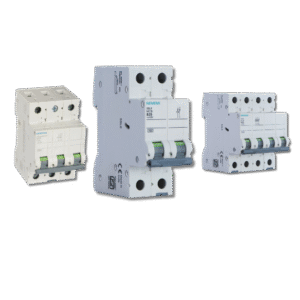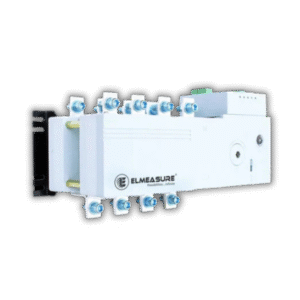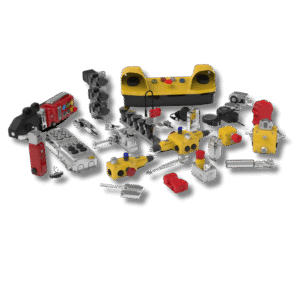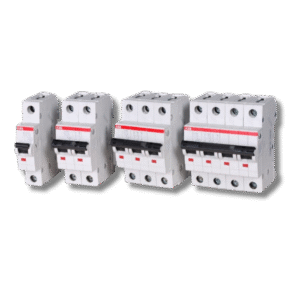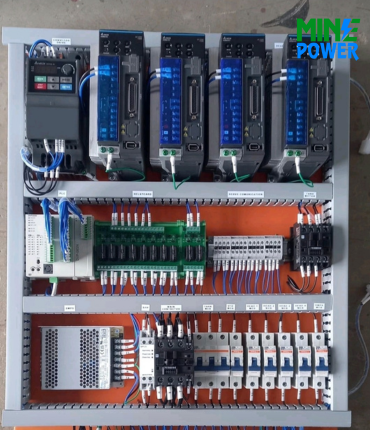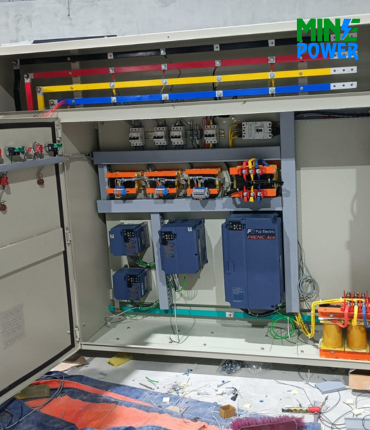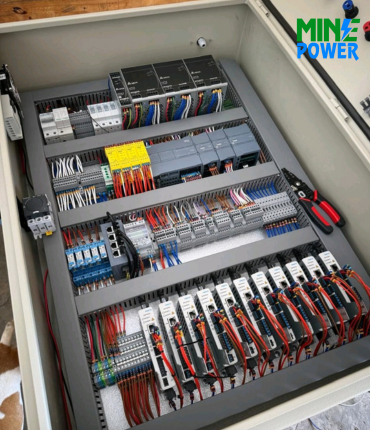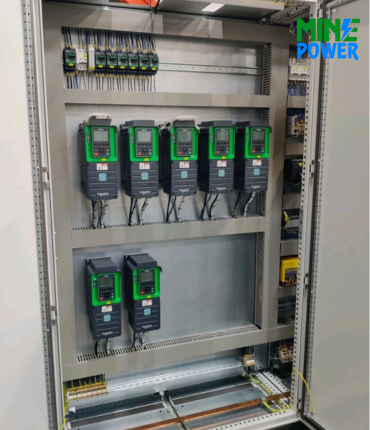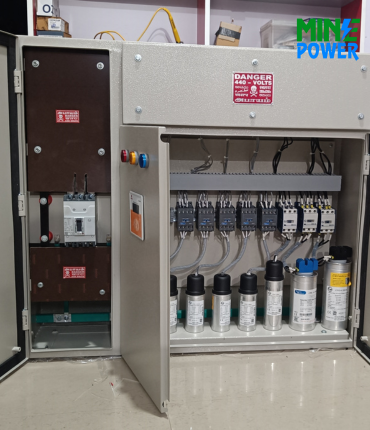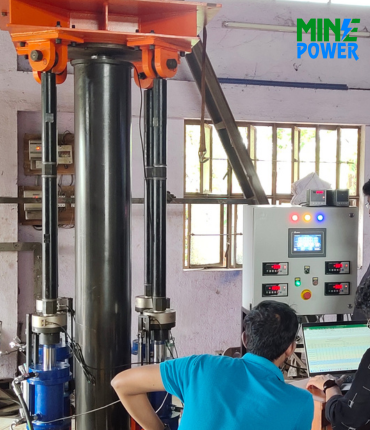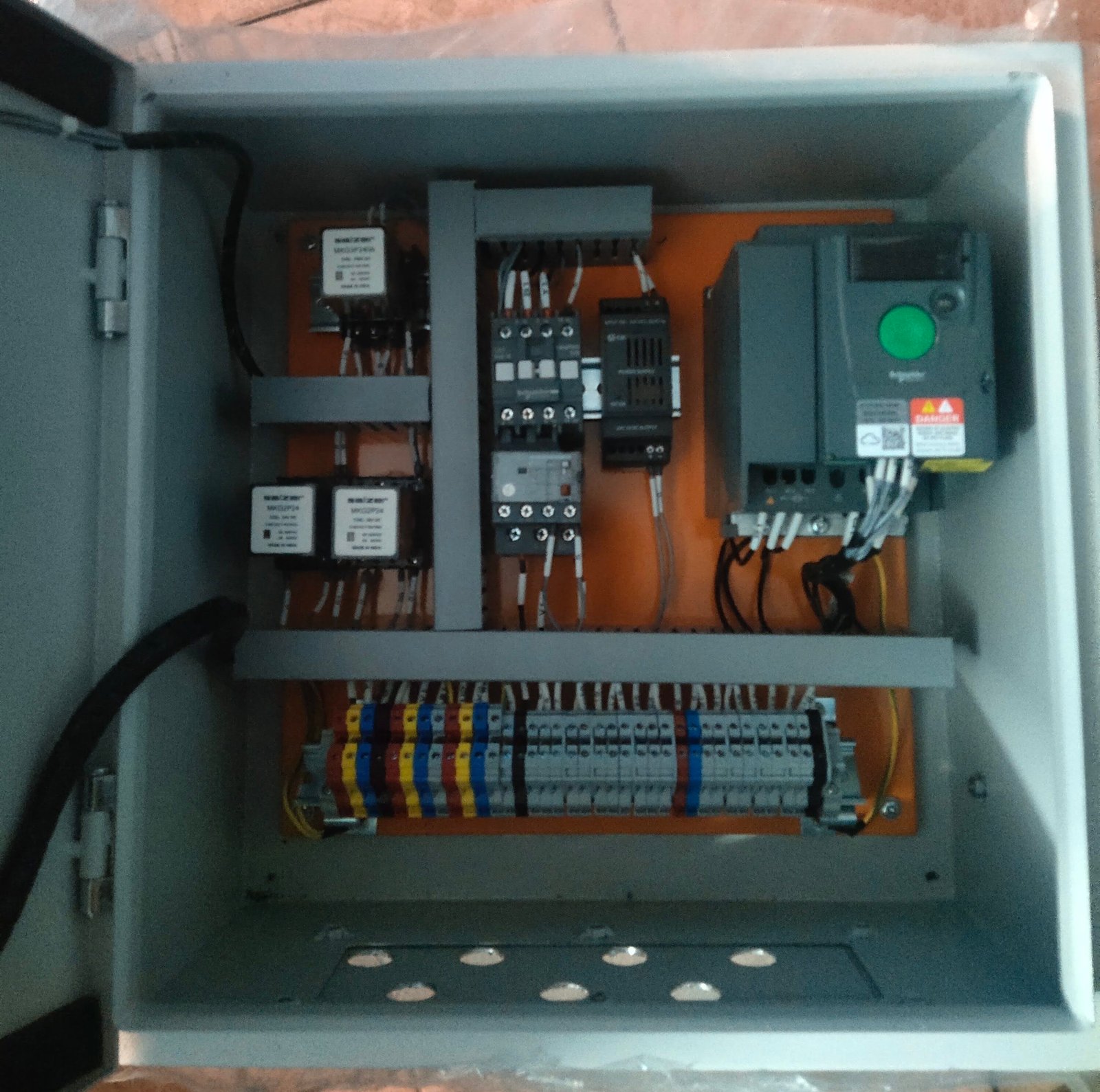Schneider Electric MCCBs, including the EasyPact™ CVS, Compact NSX, and NSXm ranges, are designed to deliver robust and reliable protection across a wide spectrum of industrial and commercial applications. With ratings from 16 A to 630 A and breaking capacities up to 50 kA, these compact, configurable devices integrate advanced trip logic, digital monitoring, and seamless connectivity—making them a smart choice for modern electrical distribution systems.
Description
Schneider Electric MCCBs are high-performance, adjustable circuit protection devices designed to guard against overloads, short circuits, and ground faults in low-voltage electrical systems. Their compact, robust construction makes them suitable for industrial panels, power distribution boards, and motor control centers.
Specifications
EasyPact CVS Series
-
Rated current: 40 A to 250 A
-
Poles: 3-pole or 4-pole configurations
-
Breaking capacity: 25 kA and 36 kA options at 415 VAC
Industry Buying+1
Compact NSX Series
-
Rated current up to 630 A
-
Advanced trip units (microprocessor-based) and optional earth leakage protection
Schneider Electric+1
Compact NSXm Series
-
Rated current: 16 A to 160 A
-
Slim, space-saving design with digital connectivity features
Schneider Electricgeetech.com.tr
Features
-
Thermal-magnetic or electronic trip units (e.g., Micrologic) for precise protection
-
Adjustable long-time, short-time, and instantaneous settings for coordination needs
Moglixtechmechelectricals.com -
High breaking capacity (25 – 50 kA) for fault interruption
techmechelectricals.comIndustry Buying -
Compact and modular design for easy installation and integration
geetech.com.trSchneider Electric -
Advanced models (NSX) include communication capabilities (EcoStruxure Power), energy metering, and optional earth fault detection
geetech.com.trSchneider Electric
Applications
-
Low-voltage power distribution and feeder circuit protection
-
Industrial plants for motor, machine, and equipment safeguarding
-
Commercial buildings, MCCs, and electrical panels
-
Emergency and backup systems requiring selective tripping and coordination
Advantages
-
Wide current range (16 A to 630 A) with high breaking capacity (up to 50 kA)
-
Adjustable trip settings enable fine-tuned system protection
-
Compact footprints save panel space
-
Enhanced monitoring and communication options facilitate modern smart power management
Disadvantages
-
Electronic trip units add cost and require setup/configuration
-
Higher-end models may not fit into ultra-tight panel layouts
-
Requires understanding for proper coordination (e.g., Ir, Im, time delays)
Reddit



